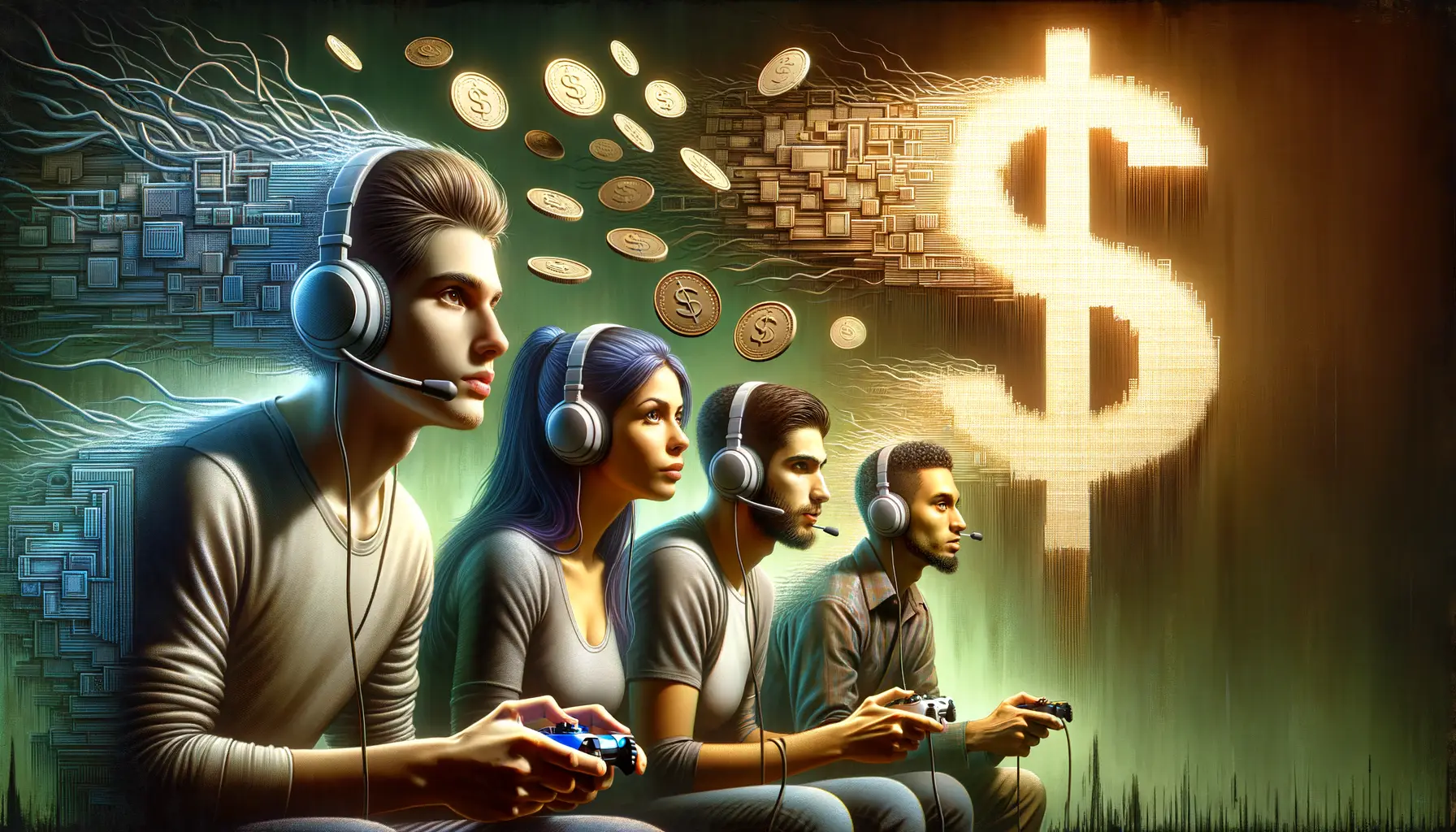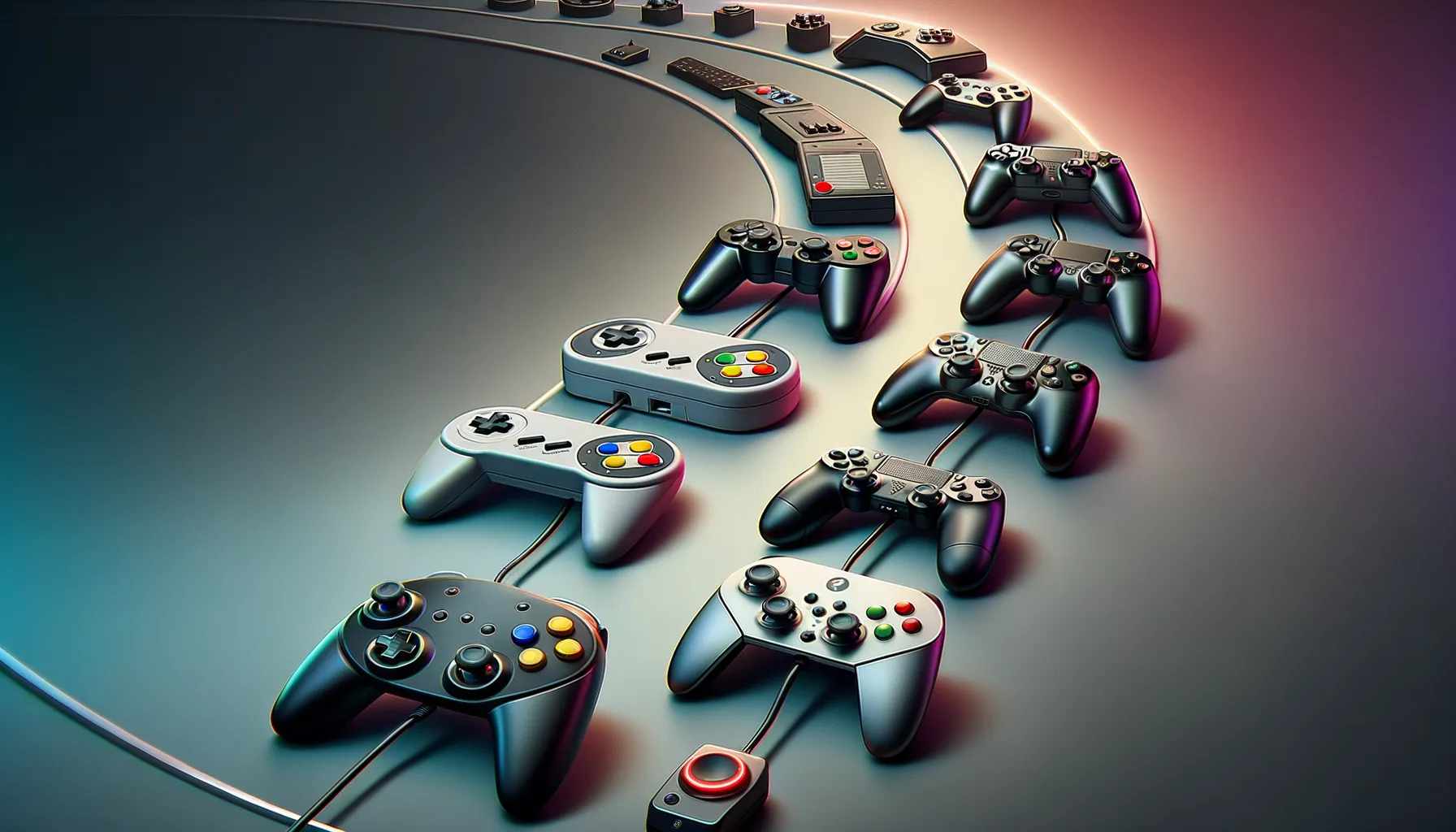Introduction to Online Gaming and Social Skills
Where Pixels Meet People
Online gaming isn’t just about chasing high scores or exploring magical worlds—it’s a digital playground where people connect, collaborate, and compete. Imagine stepping into a bustling room where everyone speaks the same “language,” whether it’s strategizing in “League of Legends” or building entire cities in “Minecraft”. These shared experiences often spark friendships that stretch across continents, transcending barriers of age, culture, and even time zones.
Games, much like life, require social skills to succeed. Think about it: forming alliances in a battle royale game trains you to rely on trust and teamwork, while negotiating trade in an MMORPG polishes your persuasion skills. And who hasn’t bonded with a complete stranger over a last-minute save in “Overwatch”?
- Real-time problem-solving teaches adaptability and resilience in high-pressure situations.
- Collaborative missions foster leadership and communication skills that translate into real-world success.
The beauty of online gaming lies in its ability to act as a grand experiment for social engagement. It’s like a rehearsal stage where every interaction helps shape the social performer within us. Ready Player One?
Positive Effects of Online Gaming on Social Interactions
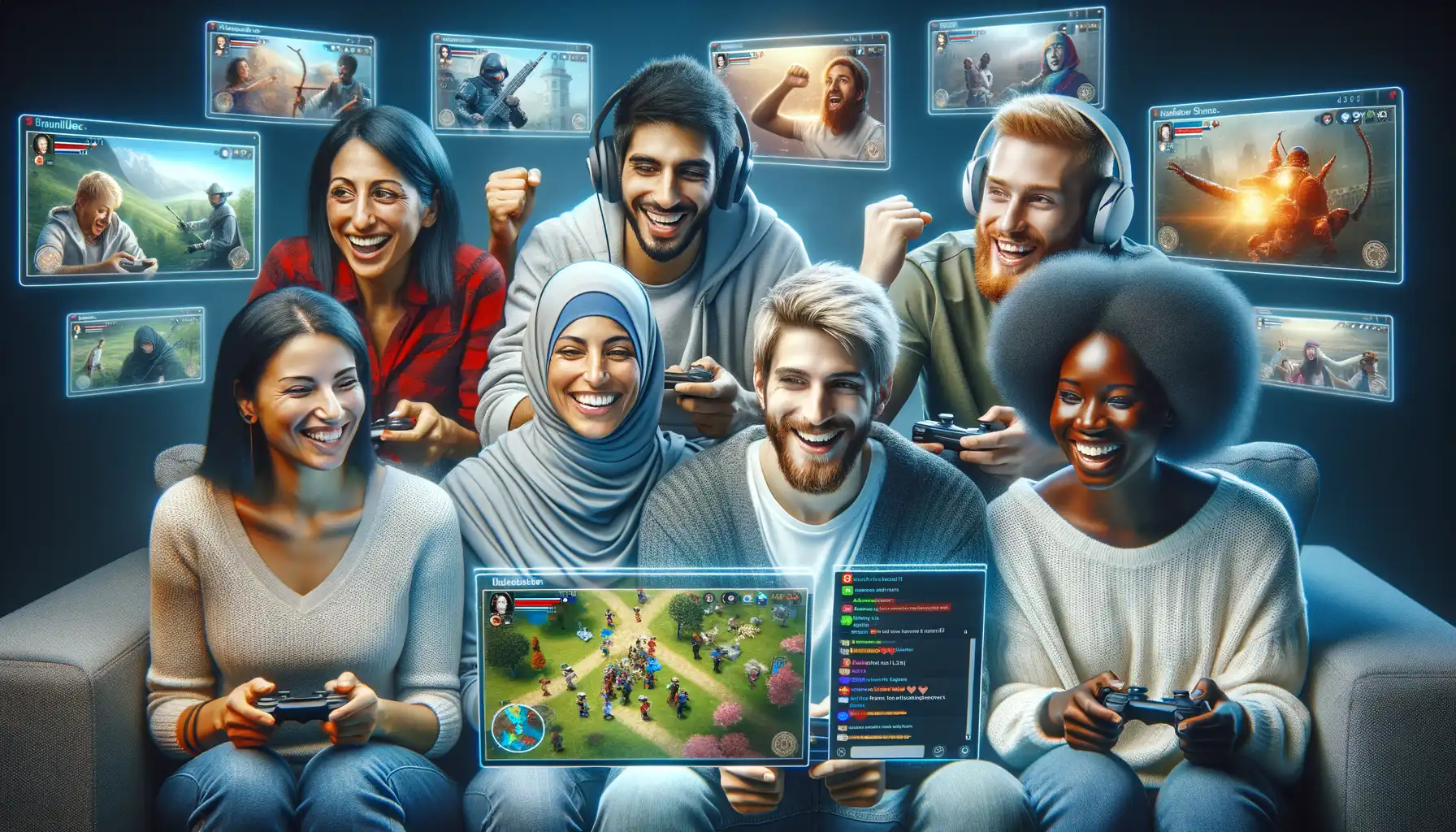
Breaking the Ice Through Game Worlds
Imagine this: a shy teenager logs into their favorite online multiplayer game, and within minutes, they’re strategizing with people from five different countries. Online games are like virtual coffee shops—except everyone’s wearing armor or piloting spaceships. For those who struggle to open up in person, gaming can be a refreshing way to communicate. Why? Because the focus isn’t on small talk but rather shared goals.
Through games, barriers like geography, age, and even language start to crumble. In co-op missions or team battles, players rely on each other to win. Bonds form quickly when you’re, quite literally, fighting for survival (thanks, zombies). It’s not “just gaming”; it’s forging connections over victories, losses, and hilarious mistakes.
- Teamwork becomes second nature—you’ll learn to trust complete strangers to watch your back.
- Real-time voice chats mimic real-world conversations, sparking authentic connections.
- Social anxiety? Gaming provides a no-pressure zone to practice expression and negotiation skills.
By the time you log off, you might realize you’ve made a new friend—or ten. Those late-night raids feel a lot like bonding sessions dressed up as battles.
Negative Impacts of Online Gaming on Social Behavior
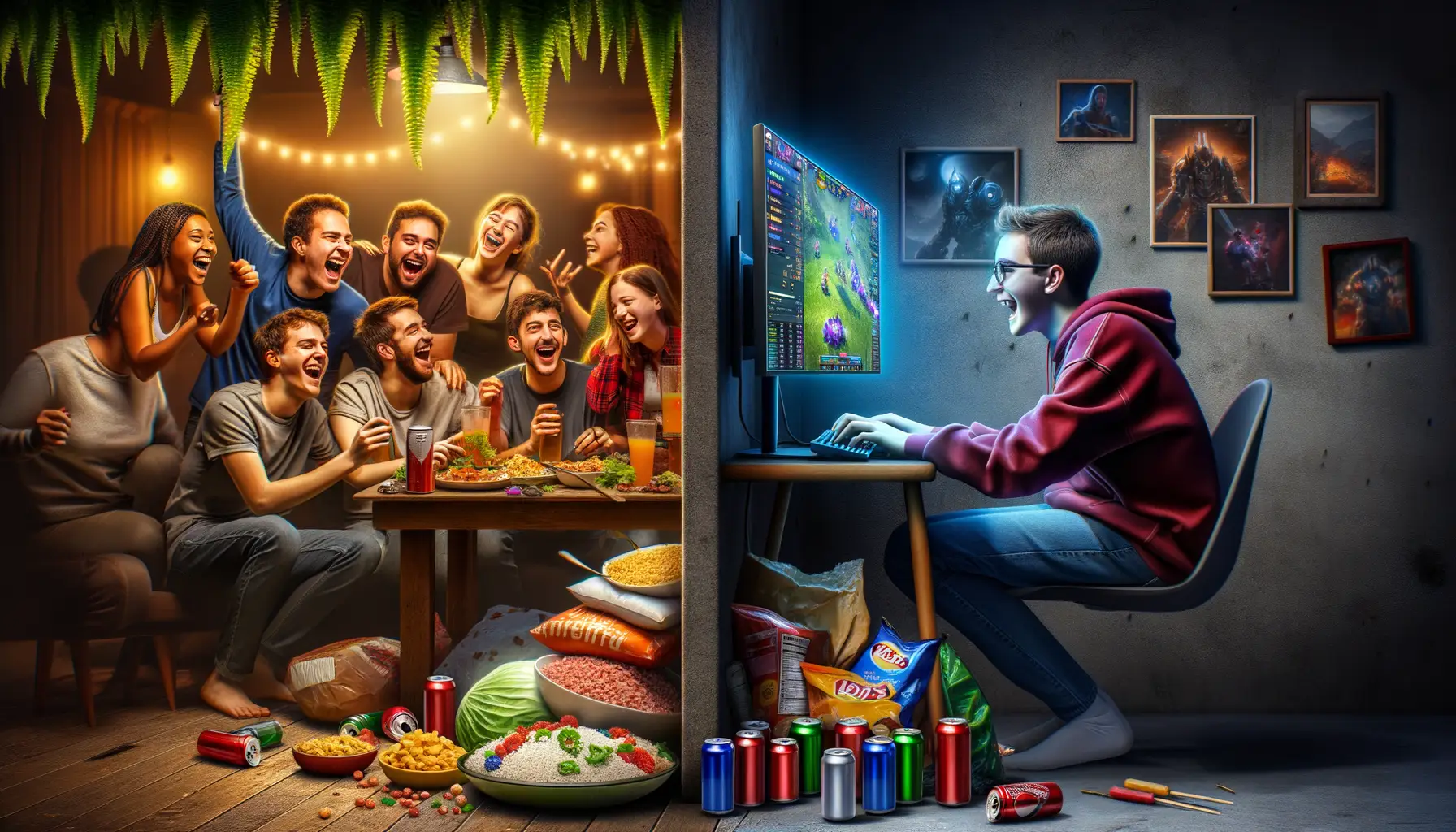
The Hidden Shadows of Virtual Worlds
Online gaming can feel like a universe of endless possibilities—adventures, friendships, and escapes. But let’s dive deeper into the side effects that often hide behind the shiny graphics and thrilling quests.
One major pitfall? Isolation disguised as connection. Sure, players may spend hours chatting with teammates from across the globe. Yet, these digital bonds might lack the emotional depth found in face-to-face relationships. For instance, how often does a teammate notice if you’re genuinely upset or just faking a laugh to get through the game?
Another layer is the way gaming can unintentionally foster toxic behaviors. In these competitive spaces, trash talk and aggressive communication can become the norm. Over time, it might bleed into real-life interactions. Ever caught yourself snapping at a friend or family member because you’ve been surrounded by hostile chats for hours?
- Difficulty maintaining eye contact during in-person conversations.
- Reduced patience—your tolerance for slower-paced moments in real life can plummet.
- Struggles reading body language: emoticons can’t teach you how to gauge a friend’s mood!
The danger lies in this gradual rewiring of social instincts. What starts as harmless banter in a multiplayer match could ripple into awkwardness in real-world meetups. And in some cases, retreating further into the gaming world becomes the easier choice.
Balancing Gaming and Real-Life Social Skills
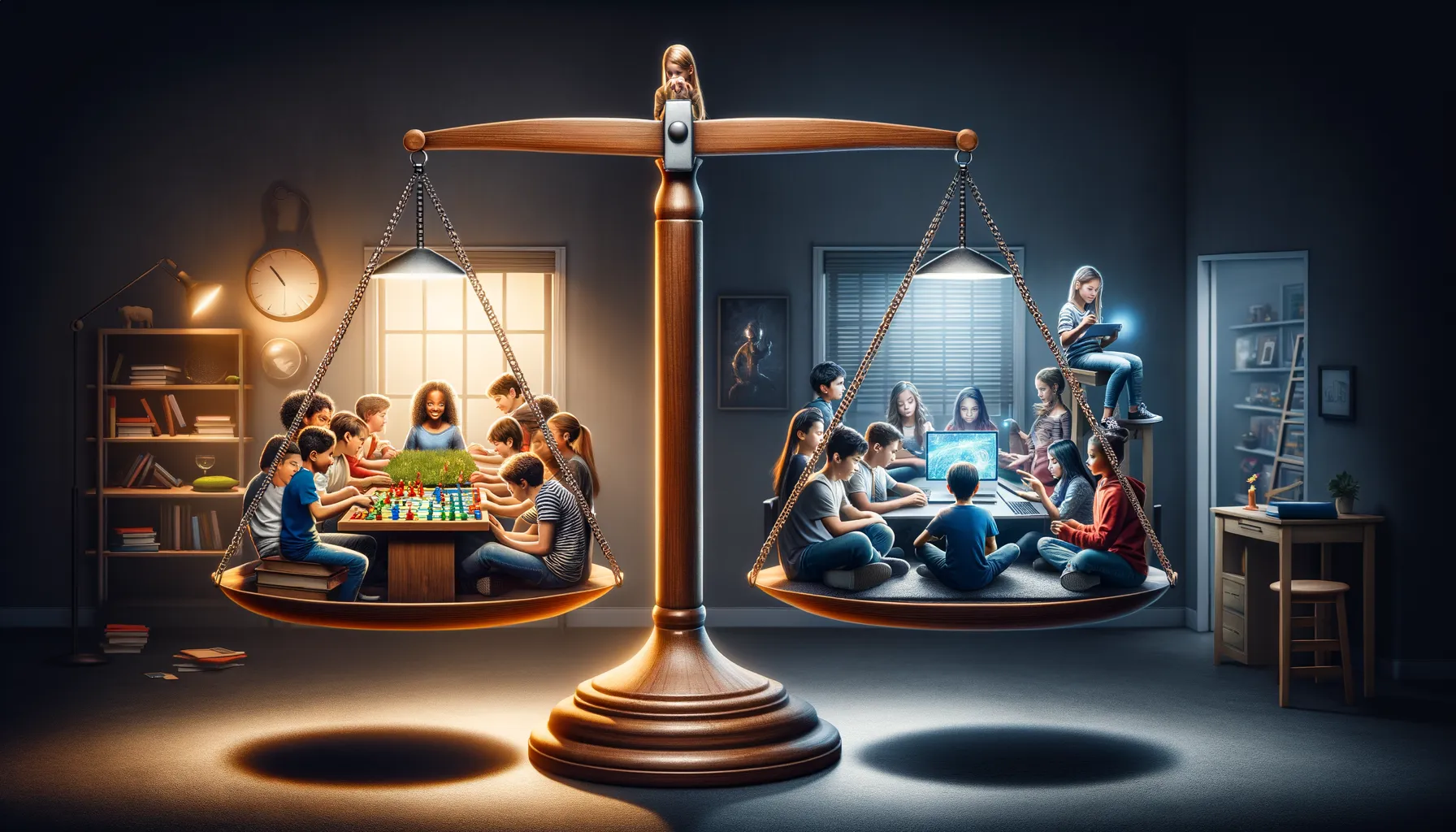
Finding the Sweet Spot Between Pixels and People
Let’s be honest—getting lost in the immersive worlds of online gaming is exhilarating. But the greatest boss battle? Balancing those virtual adventures with face-to-face connections in the real world. The trick lies in embracing what both realms have to offer without letting one overshadow the other.
Here’s a start: schedule your gaming time like you would a favorite TV show or gym session. That way, you’re not blindly sinking endless hours into a game. Use tools like alarms or apps to remind you to take breaks—and no, not just for snacks. Step out, take a walk, or call that friend who’s been waiting for a catch-up chat.
Also, don’t underestimate what gaming teaches you—strategic thinking, teamwork, and patience (anyone who’s waited for a raid team knows). Channel those skills into real-life interactions! Remember, the goal isn’t to quit gaming; it’s to level up with balance.
Conclusion and Future Outlook

The Evolving Role of Online Gaming: Where Do We Go From Here?
As we stand at the crossroads of technology and human connection, it’s clear that **online gaming** is much more than just a pastime. It’s a double-edged sword—cutting both ways on our ability to interact socially. The key lies in how we wield it.
Picture this: a young gamer logs off after a thrilling team victory, brimming with confidence from strategizing with players from across the globe. Now contrast that with another player, isolated and frustrated after hours of silent solo gaming. The outcomes could not be more different. This underscores an undeniable truth: how games are used shapes their impact.
To carve the best path forward, focus on small changes that make a huge difference:
Looking ahead, emerging technologies like **virtual reality** and AI could amplify gaming’s potential for good—or deepen its pitfalls. The future is unwritten, but one thing’s for sure: your choices today will craft the stories of tomorrow. Ready to hit play?

